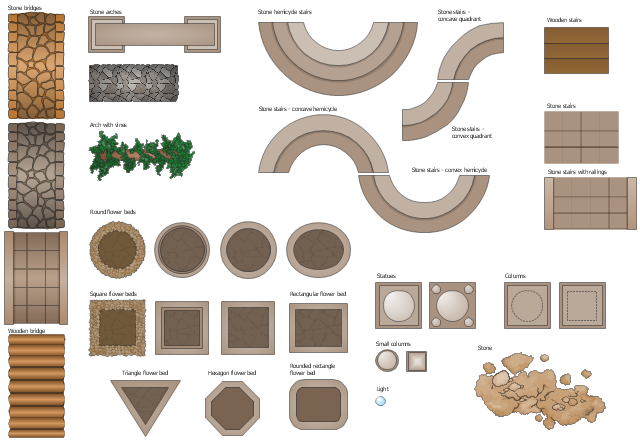
Product-One's outcomes were against other available M-E software, as a means to test the code's performance: Product-One reported a distress growth similar to CR-ME (MEPDG-based) on default calibration parameters but different to MeDiNa (calibrated core). Product-Two features climate information from the INIA weather station network, traffic distribution patterns for select Uruguayan highways, standard-based (Level-3) HMA properties, and Level-3 and Level-2 unbound materials' parameters. The Product-One beta is capable of designing hot-mix asphalt (HMA) structures over granular bases on top of the subgrade. Ī functional, Matlab-based beta version of Product-One with default calibration parameters and a first collection of Uruguayan input data are presented herein. In an effort to spearhead the transition to M-E design in Uruguay, the aim of this Project is twofold: (1) develop an open-source, MEPDG-based, simplified M-E tool for Uruguayan flexible pavements, and (2) compile a library of Uruguayan input data for design.


Such predicting power demands richer input data, computational power, and calibration of the empirical components against distress measurements in the field. Mechanistic-Empirical (M-E) methods are the cornerstone of current pavement engineering practice because of their enhanced predicting capabilities.


 0 kommentar(er)
0 kommentar(er)
